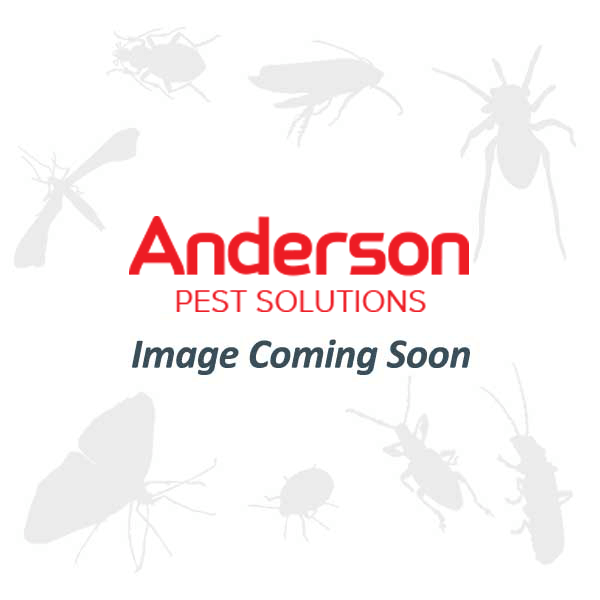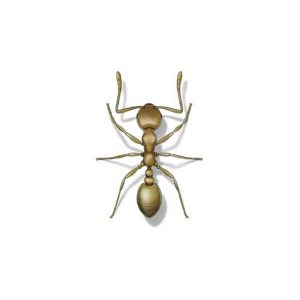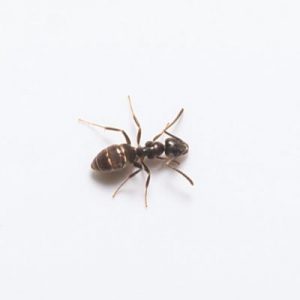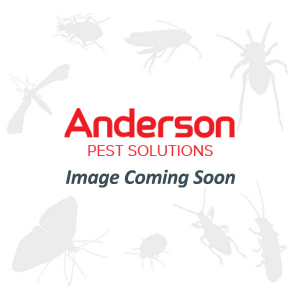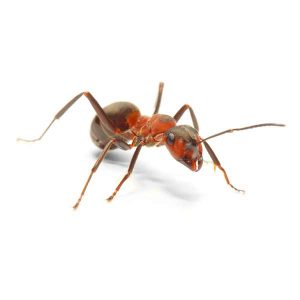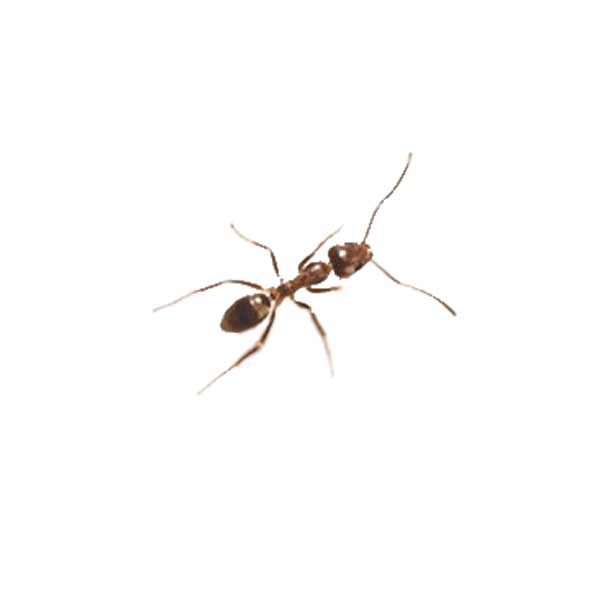Larger Yellow Ants in Illinois and Indiana
The larger yellow ant, also known as the citronella ant, is common in Indiana and Illinois. When disturbed, larger yellow ants release a compound that smells like citronella or lemon. Nocturnal pests, these ants are not known to feed on household foods but feed exclusively on the honeydew produced by aphids and mealybugs. Pest problems usually occur in the late summer and fall when mixed colonies swarm. Often confused with termites, winged swarmers and wingless worker ants move toward buildings and try to enter through cracks or gaps in the foundation.
Larger Yellow Ant Habitat
Nests are typically located in and around areas of high moisture. Outdoors, larger yellow ants can be found nesting in high moisture soil beside structures, along foundation walls, under stumps, logs, or rocks. Indoors, these ants are sometimes found behind bathtub or shower walls or in damp crawl spaces, especially over winter. Mounds of dirt left behind by the colonies’ process of excavating tunnels can be up to three feet wide. Temporary winter nests can be located in basements under a loose brick or board or in a crack in the wall or floor.
Larger Yellow Ant Behaviors, Threats, or Dangers
Larger yellow ants do not have a stinger, but can become a nuisance when winged ants swarm indoors, or as workers dump soil from cracks in floors or basement walls. When swarming, homeowners often mistake these ants for termites or carpenter ants. Homeowners may be alarmed by the large numbers of swarming ants that converge on the side of homes and structures. Although they do not forage into homes, they create piles of dirt at the entrance to the nest. If a larger yellow ant issue is suspected, it is best to consult a professional ant exterminator.
Need help with Larger Yellow Ant control?
We'll call you! Leave your information below.

